Strict policy, or flawed system?
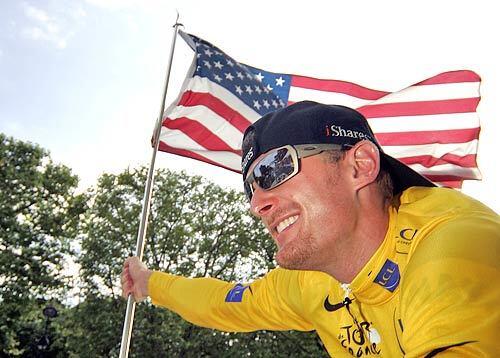
PATRIOT: Tour de France winner Floyd Landis waves the U.S. flag on the final leg of the endurance race, which ended July 23. The U.S. Anti-Doping Agency subsequently accused him of doping with testosterone. Landis is fighting the charge and denies taking any performance-enhancing drugs. (Bas Czerwinski / AP)
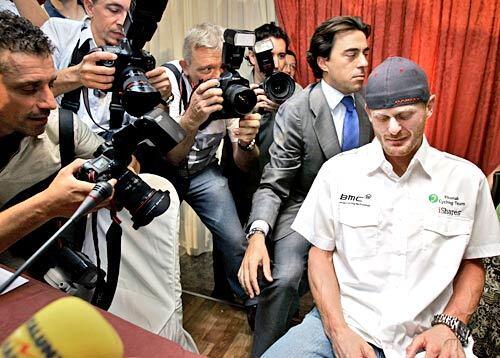
UNDER SCRUTINY: U.S. cyclist Floyd Landis before a news conference in Madrid a week after the Tour de France ended. Landis said he has naturally high testosterone levels. (Jasper Juinen / AP)
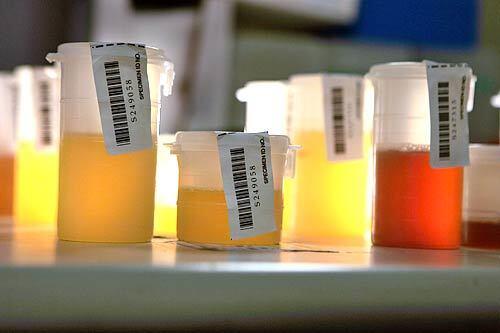
LAB WORK: Sealed bottles of urine await testing for banned substances at the UCLA Olympic Analytical Laboratory, the worlds preeminent sports anti-doping facility. Its work is considered the gold standard of sports doping science. (Allen J. Schaben / LAT)
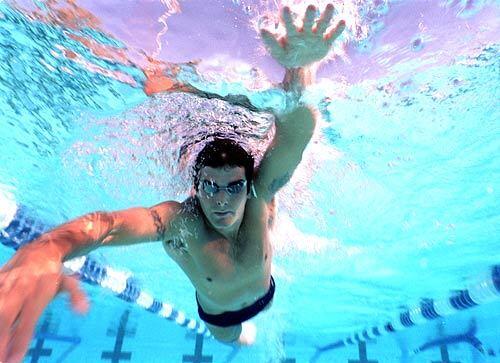
IN TROUBLED WATERS: Irvine swimmer Kicker Vencill was suspended for two years after steroids were found in his urine. Although he proved that vitamin supplements he was taking were contaminated with steroids, anti-doping authorities ruled that he was at fault for taking them. (Allen J. Schaben / LAT)
Advertisement
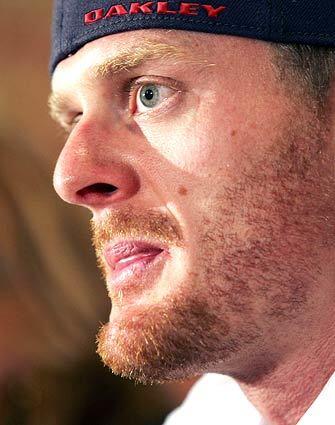
PUBLIC DENIAL: Tour de France winner Floyd Landis at a news conference in Madrid after he was accused of doping with testosterone. He has posted the laboratory evidence of him online. It shows careless bookkeeping errors and markedly different results from multiple tests of the same sample. (Denis Doyle / Getty Images)
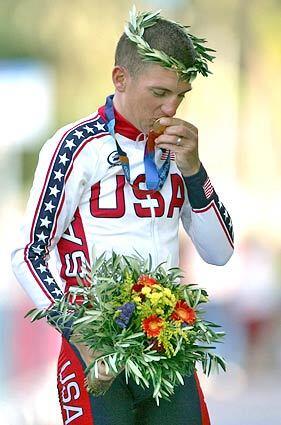
TRIUMPH: U.S. cyclist Tyler Hamilton kisses the gold medal he won in the mens individual time trial at the 2004 Summer Olympics in Athens. A month later, a small concentration of foreign blood cells was found in his blood sample. He was charged with doping and suspended for two years. He calls the tests flawed and inaccurate and says he did not transfuse. (Doug Pensinger / Getty Images)

SPRINTER: Marion Jones failed an initial doping test this summer, but her second sample was negative. The case against her is still unresolved, however. (Wally Skalij / LAT)
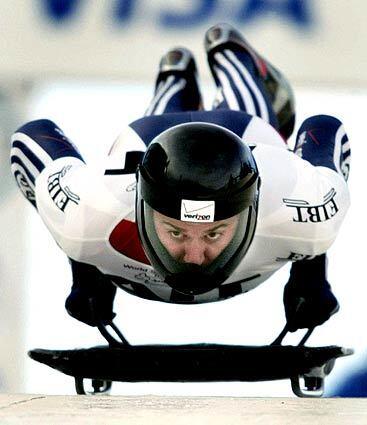
SKELETON CREW: Zach Lund, a U.S. skeleton sled racer, was suspended for a year after an anti-doping test found a compound that can be used to mask the presence of steroids. The source of the compound: a common hair-restoration product that he had been openly using for years. (Jeff McIntosh / AP)
Advertisement
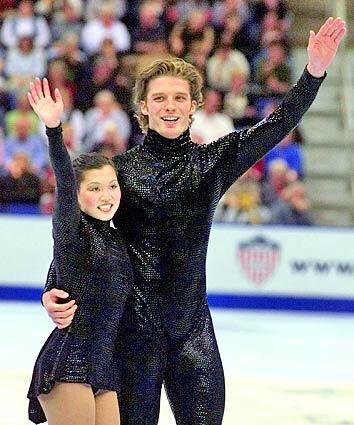
MISUNDERSTANDING: U.S. figure skater Kyoko Ina, shown in 2000 with partner John Zimmerman, faced a four-year suspension for allegedly refusing to take a random drug test late one night in July 2001. She says a U.S. Anti-Doping Agency officer led her to believe she could take it the next day. Ina negotiated a settlement barring her from the 2004 Olympics, but she later turned professional. (Amy Sancetta / AP)
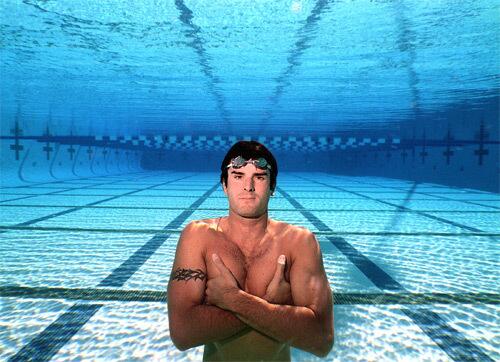
In troubled waters: Irvine swimmer Kicker Vencill was suspended for two years after steroids were found in his urine. Although his vitamin supplements were contaminated, arbitrators said he was still at fault. (Allen J. Schaben / LAT)







